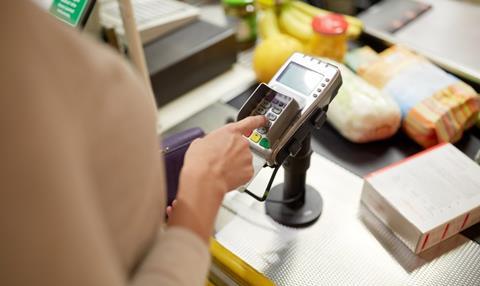Responding to the July CPI inflation figures, CEO of the British Retail Consortium (BRC) Helen Dickinson warned that “the sheer weight of costs” felt by the industry would lead to companies passing the additional costs onto retailers and consumers.

The latest figures from the Office for National Statistics have found that the UK rate of inflation has reached 10.1%. This news comes as food inflation hit 12.7%, according to the Food and Drink Federation (FDF).
Dickinson said that consumers have had “little respite from the cost of living squeeze” as prices rose again in July. She said: “Soaring household bills and transport costs remain the biggest headache, holding back discretionary spending across the UK as real incomes continued to fall. Retailers are trying to support their customers by expanding value ranges, fixing prices for some essential goods, offering discounted kids meals, and providing discounts for vulnerable groups.
“However, the sheer weight of costs bearing down on the industry and its supply chains has been proving impossible to fully absorb.”
Dickinson added that, with inflation continuing to rise, UK retailers could face a 10% hike in their business rates bill in the coming year.
She explained: “This would impose a cost-nightmare of hundreds of millions of pounds on retailers who are already struggling with razor-thin margins. The next Prime Minister must act, freezing the multiplier to avoid placing a further burden on retailers, and the customers they serve.”
Containing prices near impossible
Director of strategy and devolved nations at FDF, Daren Thomson said that, while it was expected, it is still alarming for shoppers and food and drink manufacturers to see food inflation rise into double figures hitting 12.7%.
He said: “[The increase] continues a trend that has seen inflation rising for 12 consecutive months. The cost pressures now faced across the industry mean containing the price rises is near-on impossible despite the best efforts from our companies.”
Thomson added that the incoming Prime Minister must act fast to address “the cost-of-doing-business crisis” facing the food and drink sector, by cutting the red tape and minimising the costs of existing and upcoming regulation such as on EPR and plastic packaging.
According to the FDF, the government also needs to tackle the chronic labour shortages in our sector by improving the Apprenticeship Levy and reforming tax reliefs to provide businesses with the breathing space needed to drive investment and growth.
This story was originally published on a previous version of the Meat Management website and so there may be some missing images and formatting issues.












